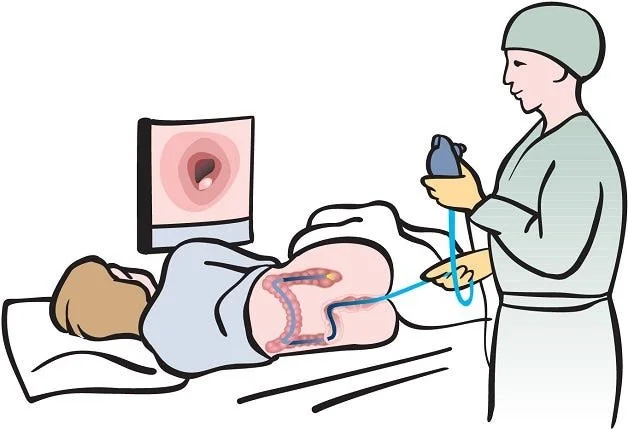Preparing for a colonoscopy involves specific steps to help your doctor get the clearest possible view of your colon. The process, known as bowel prep, cleans out your digestive tract. Following your healthcare provider’s instructions closely is the best way to get ready for the procedure. Here are some practical tips to help you through the preparation process:
What Foods Should Be Avoided?
A few days before your colonoscopy, you will need to adjust your diet. Your doctor will likely recommend a low-fiber diet before transitioning to a clear liquid diet. This dietary change helps limit the amount of undigested food in your large intestine, making the bowel prep more effective. The goal is a clean colon for a successful examination.
Here are some foods to steer clear of as you get ready for your procedure:
- Seeds, Nuts, and Popcorn: These items are difficult to digest and can remain in the colon, potentially obstructing the view during the exam.
- Whole Grains: Breads, cereals, and pastas made with whole grains are high in fiber and should be avoided. Opt for white bread and pasta instead.
- Raw Vegetables and Fruits with Skin: Skins and peels are fibrous. Cooked vegetables without skin and fruits like melons or bananas are better options.
- Red, Blue, or Purple Liquids: Dyes in these liquids can stain the colon lining, which might be mistaken for abnormalities. Stick to clear liquids like water, clear broths, and light-colored juices.
After your clear liquid diet begins, you will abstain from all solid foods until after the procedure. Your medical team will provide a specific timeline for when to start this phase of the prep. Following these dietary guidelines is a key part of getting ready for your colonoscopy.
Which Medications Affect Prep?
Certain medications can interfere with the colonoscopy preparation or the procedure itself. You will need to discuss all your current medications, including over-the-counter drugs and supplements, with your doctor. They will provide personalized advice on which ones to stop taking and when.
Your doctor may ask you to temporarily stop taking blood thinners, such as warfarin or clopidogrel, to reduce the risk of bleeding if a polyp is removed. Anti-inflammatory drugs, like ibuprofen and naproxen, may also need to be paused. Iron supplements can make the colon dark and difficult to see, so you will likely be instructed to stop taking them about a week before your appointment. Do not stop any prescribed medication without first talking to your healthcare provider.
What Should You Bring Along?
On the day of your colonoscopy, having a few items with you can make the experience more comfortable. Since you will receive a sedative, you will not be able to drive yourself home. Plan for a relaxing day after your appointment.
Here is a list of what to bring:
- A Designated Driver: Arrange for a friend or family member to drive you home. You will not be permitted to drive, use a taxi, or use a rideshare service alone.
- Identification and Insurance Information: Have your driver’s license, insurance card, and any required paperwork ready for the check-in process.
- A List of Medications: Bring a complete list of your current medications and dosages for the medical team to review.
- Comfortable Clothing: Wear loose, comfortable clothing to your appointment. This will make it easier to change before and after the procedure.
Having these items organized in advance helps streamline your visit. You can focus on relaxing and recovering after the colonoscopy is complete.
Book Your Colonoscopy
Completing the preparation is a significant step toward a successful screening. This procedure is a valuable tool for detecting and preventing colorectal conditions. If you have been advised to get a colonoscopy, scheduling your appointment is the next step. Contact a healthcare provider to arrange your screening and take a proactive step for your long-term health.





Leave a Reply